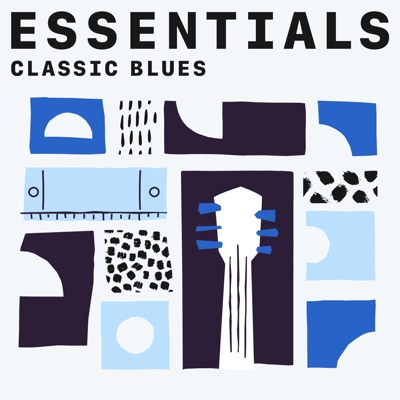
#Johnny lee hooker boom boom boom lyrics full
By now he was recording with a full band and this easy-rolling hit about an attractive woman enjoyed an extended afterlife. Signing to Vee-Jay, Hooker issued “ Dimples” in 1956. Modern finally bowed out of his increasingly tangled career in 1955 with the single “ I’m Ready.” If it had known what was around the corner, it might not have quit. Modern enjoyed another R&B chart-topper in 1951 with “ I’m In The Mood” (a lewd ditty Hooker recorded eight times over the years and which tempted Bonnie Raitt into a duet with him decades later), and then he was off again, working with the Chicago label Chess, which got sued by Modern in 1952 over the single “ Ground Hog Blues.” The thing is, John Lee was a star: his hard-rocking boogie style was hard to replicate, and that made him worth fighting over. The label-hopping went on: seems like everyone with a dollar to spare landed a Hooker record to release. He worked for King out of Cincinnati as Texas Slim, Regent/Savoy as Delta John, and for smaller labels as Birmingham Sam and The Boogie Man but you’d have to be deaf not to recognize him on these sides. “ Hobo Blues” followed, another R&B chart hit, and Hooker seemed determined to follow a nomadic path himself, drifting from record label to record label, depending on where the next cheque was most likely to come from.

The same goes for the times he recorded it himself, of which there were many. Hence when rock came along and the likes of The Doors covered it on LA Woman in 1971, John Lee Hooker done got paid. Among them was an essential track for every John Lee Hooker playlist, ” Crawlin’ King Snake,” which Hooker first recorded in 1949 – and copyrighted. While John Lee was a juvenile, his sister took up with another bluesman, Tony Hollins, who gave him a guitar and taught him songs that would serve the kid all his days. His mother married again, to William Moore, a blues guitarist who handled his instrument in a droning, insistent style, which his stepson would adapt into a method he later half-parodied in his 1971 song “ Endless Boogie, Parts 27 & 28” – though Hooker was anything but a musical stereotype, as we shall see. He was raised to be God-fearing, but this changed when his parents split up in 1921, when he was nine (though accounts of Hooker’s birth date differ).

Hooker, born on August 22, 1917, the youngest of 11 children to a sharecropping (a smallholding farmer) Baptist preacher in Mississippi, didn’t need lessons in being poor. Listen to the best John Lee Hooker songs on Spotify. Oh, but isn’t the blues a noble cry of the poor African-American who is suffering? Hell yes, but Hooker’s telling us if you got feet, you can use them to beat the blues.

This 1948 anthem is a call to get ya dance freak on. And that’s where we’ll start our rundown of the best John Lee Hooker songs, because this was his debut single.

And armed with nothing but a guitar and his dark, moody, mumblin’, barking voice, he’d make you dance: “ Boogie Chillen,” as he once called it. But John Lee Hooker was a blues survivor who’d rock you to the socks that were poking out of the hole in your soles he was street-smart, adaptable, even crafty. He couldn’t terrify you from across the hall like Howlin’ Wolf. He wasn’t an outlandish marketable character like Bo Diddley. He couldn’t boast the effortless authority of Muddy Waters.


 0 kommentar(er)
0 kommentar(er)
